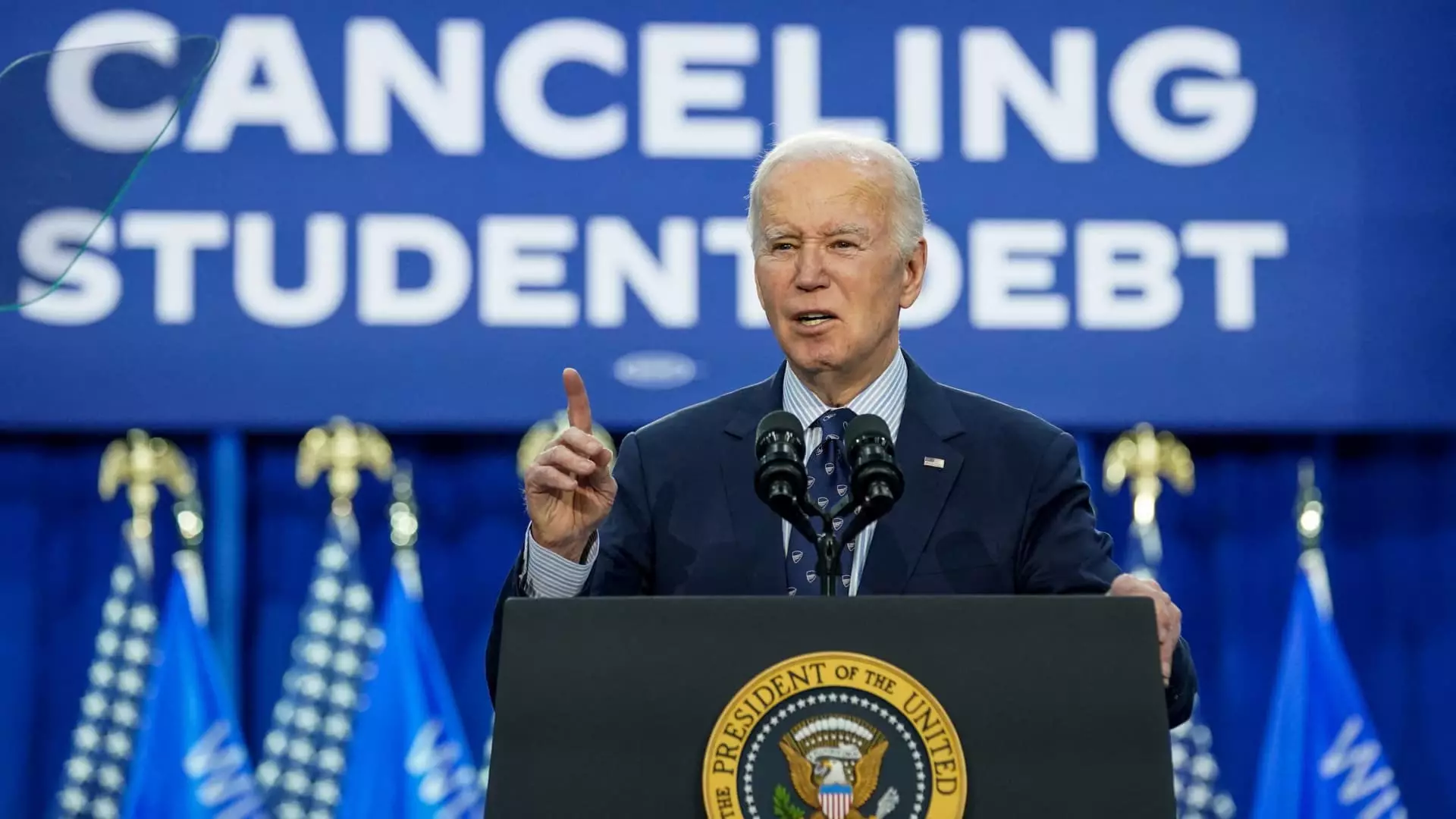In a recent turn of events, the Biden administration’s ambitious plan for student loan forgiveness has hit a major roadblock. A temporary restraining order was issued by U.S. District Judge Randal Hall in response to a lawsuit brought by seven Republican-led states. These states, including Alabama, Arkansas, Florida, Georgia, Missouri, North Dakota, and Ohio, argued that the U.S. Department of Education was overstepping its authority with its debt cancellation efforts.
The legal battle over student loan forgiveness has cast doubt on the future of the Biden administration’s plans. While the Department of Education may still proceed with finalizing the rule, the actual forgiveness of loans may be delayed for months as the courts determine the legality of the plan. The Supreme Court’s previous ruling on Biden’s attempt to cancel federal student debt complicates the situation further.
Unlike Biden’s previous attempt at student debt forgiveness through executive action, the current administration has opted for the regulatory process. This approach was intended to make the relief package more resistant to legal challenges. However, the lawsuit filed by state attorneys general suggests that the Education Department may have already begun erasing loans ahead of schedule, raising questions about the administration’s adherence to the regulatory timeline.
The legal obstacles faced by the Biden administration in its efforts to deliver relief to student loan borrowers have political implications. The delay and uncertainty surrounding the student loan forgiveness plan could be seen as a strategic move by Republicans to hinder popular initiatives by the current administration. Despite the potential benefits of debt relief for millions of Americans, the political landscape complicates the path to implementation.
As the legal battle unfolds, borrowers enrolled in the Biden administration’s affordable repayment plan known as SAVE are left in limbo. The plan, designed to provide relief to struggling borrowers, is also facing legal challenges from GOP-led states. The temporary halt on payments adds to the uncertainty surrounding the future of student loan forgiveness and raises concerns for those seeking financial relief.
The legal challenges to the Biden administration’s student loan forgiveness plan highlight the complexities of addressing the growing issue of student debt in the United States. While the administration remains committed to providing relief to borrowers, the obstacles posed by legal challenges and political opposition underscore the challenges of implementing widespread debt relief programs. As the courts continue to weigh in on the legality of the plan, the fate of millions of student loan borrowers hangs in the balance.

